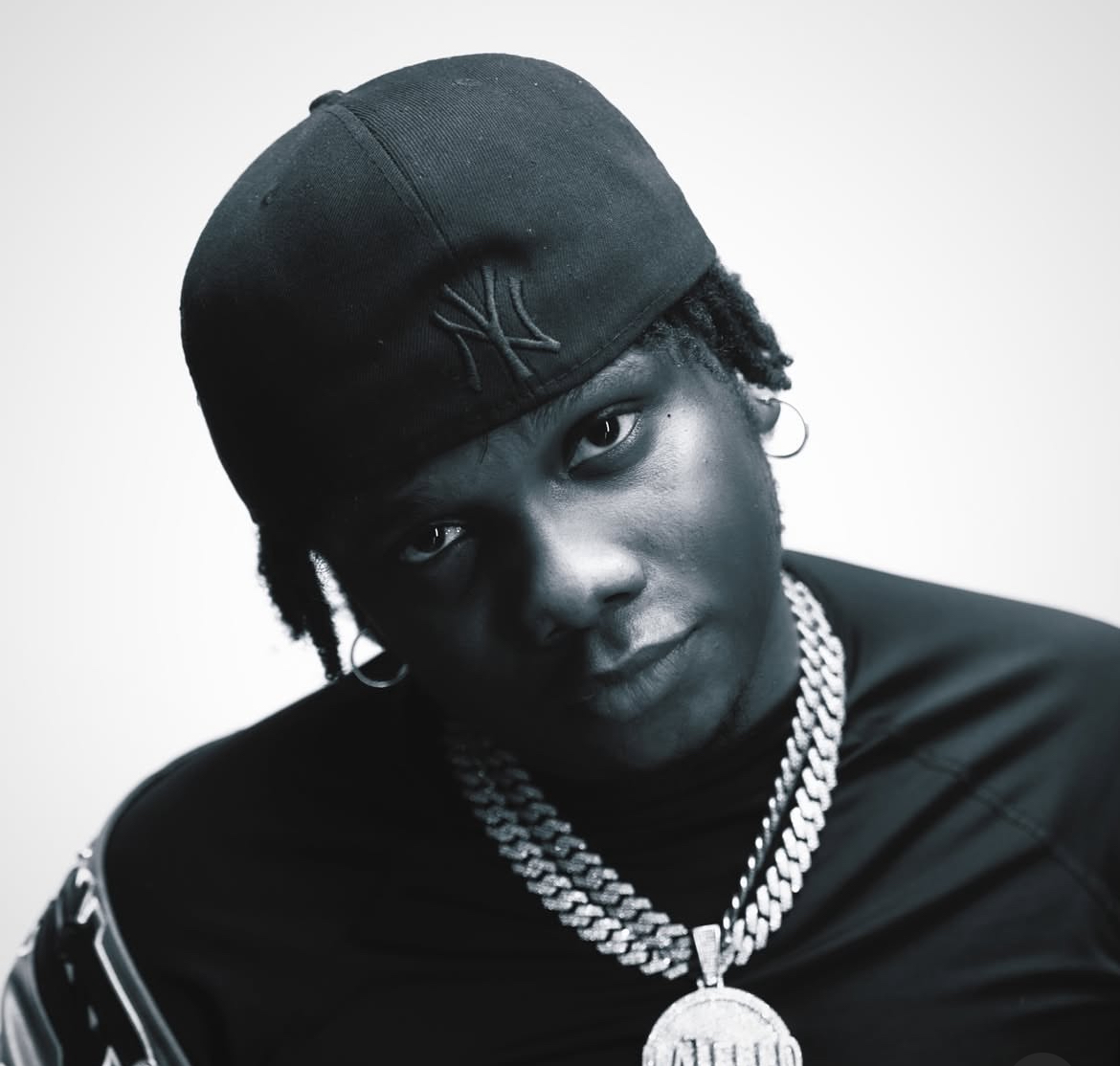Bomi Anifowose
In the music industry, the artist-manager relationship can be a defining factor in the success or stagnation of a career. A well-aligned manager does not merely execute logistics or secure opportunities. They provide strategic counsel, emotional support, and long-term vision. In many ways, they become an extension of the artist’s creative and professional self.
Few modern partnerships exemplify this synergy as clearly as Davido and his longtime manager, Asa Asika. Their collaboration has survived reinvention, public scrutiny, and the pressures of global expansion. Yet, their bond remains resilient. It thrives on mutual respect, shared values, and the recognition that trust is not given once; it is built and maintained over time.
Unfortunately, not all artists are so fortunate. Some managers, while well-intentioned, fall into patterns of behavior that alienate the very talent they claim to serve. This open letter addresses those patterns, not to indict, but to illuminate.
1. Elevating Personal Visibility Over Artist Development:
Artist Managers who place themselves in the spotlight, curating a brand more visible than the artist’s, risk creating an imbalance in the partnership. When public appearances, media engagements, and social media profiles center more on the manager than the artist, it redirects the audience’s attention and industry opportunities. Artists begin to question the motivation behind certain moves and whether their growth is truly being prioritized. Effective managers know how to build influence without becoming the main act.
2. Driving Monetization Without Contextualizing Creative Direction:
While income generation is a vital component of artist development, the quest for commercial opportunities should not come at the cost of the artist’s identity. When managers push monetizable moments, brand deals, virality, and content trends without considering the artistic vision, they flatten the creative nuance that distinguishes their client. Artists feel disoriented when the business of their craft begins to conflict with the meaning behind it. An artist manager must be able to distinguish between short-term wins and long-term resonance.
3. Managing Tasks Without Managing Energy:
A reliable manager handles logistics. A great manager also recognizes the emotional cadence of the work. Creative energy is not infinite, and artists frequently undergo internal cycles of inspiration, doubt, and reinvention. When artist managers ignore these rhythms, demanding output without checking the temperature of their artist’s wellbeing, the creative ecosystem suffers. Artists want managers who can anticipate their needs, not just their deadlines.
4. Operating with Control Rather Than Partnership:
The manager is not the owner of the artist’s career, nor the primary author of their vision. When decisions are made in silos, without dialogue or co-creation, artists feel excluded from their own journeys. Leadership in this space requires tact, mutual respect, and a sense of shared authorship. Artists thrive in environments where their ideas are taken seriously and their voices hold weight. Dictatorial management, no matter how efficient, breeds rebellion or withdrawal.
5. Speaking for the Artist Without Explicit Permission:
The manager’s voice is not a proxy for the artist’s. Whether in interviews, closed-door meetings, or digital interactions, speaking on behalf of the artist without prior discussion creates dissonance and breeds mistrust. It projects assumptions that may not align with the artist’s intentions. Artists want to feel represented, not replaced. A strong manager champions the artist’s truth, not their own interpretation of it.
6. Using Past Loyalty to Evade Present Accountability:
Reminding an artist of how far you’ve come together can be beautiful. But when used to silence feedback or deflect criticism, it becomes manipulative. Growth requires critique. When managers weaponize history to dismiss present concerns, they trap the relationship in nostalgia. Artists need space to evolve without being guilt-tripped by their gratitude. Professional trust is not static, it must be continually earned.
7. Avoiding Conflict Instead of Navigating It Constructively:
Avoiding difficult conversations is one of the fastest ways to degrade trust. When a manager delays hard truths or ignores early signs of discontent, they invite bigger, messier breakdowns. A mature relationship embraces dialogue, even when it’s uncomfortable. Artists may not always agree with their managers, but they deeply value those who are honest, transparent, and emotionally available in moments of tension.
8. Prioritizing Public Perception Over Internal Clarity:
Managers are often tasked with crafting narratives. But if these narratives focus only on optics such as press photos, hashtags, engagements , without a foundation of purpose, they ring hollow. Artists notice when their public image becomes a costume instead of a mirror. Branding must stem from clarity of self, not pressure to conform. An artist manager should help an artist be more visible, not more distorted.
9. Disappearing When the Artist Is Most Vulnerable:
True management is tested not in wins, but in seasons of uncertainty. When artists falter either personally or professionally, some managers retreat, unsure of how to engage. This abandonment can feel like betrayal. Artists remember who stayed when the spotlight dimmed. A present manager in moments of pain or pause is often the difference between a breakdown and a breakthrough.
10. Resisting Evolution as the Artist Transforms:
No artist remains the same forever. New ideas, new sounds, and new ambitions are part of the journey. Managers who try to freeze their artist in a version of the past or resist expanding their own tools and networks, usually end up becoming bottlenecks. Artists outgrow not just genres and aesthetics, but people. To remain relevant, a manager must be adaptive, teachable, and eager to meet their artist in the future, not just the past.
In conclusion, the relationship between artist and manager is not built on obligation but on intention. It demands an equilibrium of professionalism, emotional awareness, and mutual ambition. That is the kind of dynamic we witness with a duo like Davido and Asa Asika , one rooted in alignment and enriched by consistency.




